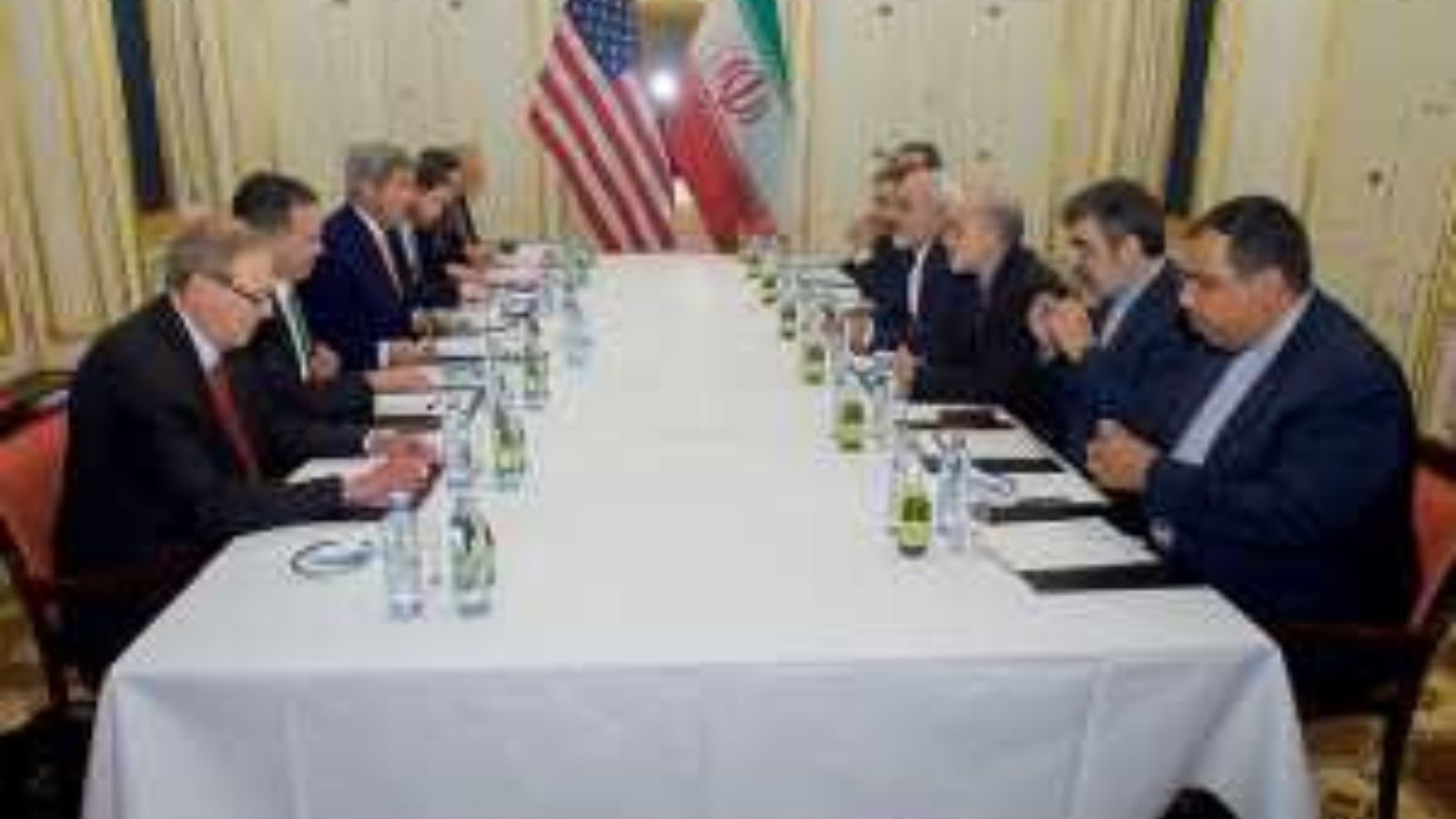By Paras Ratna, Research Associate – Strategic & Foreign Relations Practice at Rashtram
This article was published in the ForeignPolicy
The source of the image is Vision India Foundation
President Trump’s decision to withdraw from the P5+1 nuclear deal (albeit there was no transgression) has once again turned the spotlight on Iran and for all the bad reason. Strategists in White house accuse Tehran of betraying the essence of the Joint Comprehensive Plan of Action (JCPOA) deal. They argue that post-JCPOA; Tehran poured billions of dollars into military operations abroad leading to an arc of destruction ranging from Yemen to Syria at the expense of its masses. While in Tehran, jinxing of the nuclear deal has united hardliners across the political spectrum, and the Iranian government has vowed to increase the uranium enrichment. This has sent jitters across the international community.
A cursory look at the aforementioned events shows that Washington attempts to constrain Iran has backfired and Tehran’s resolve has further strengthened. If past were to be guided, sanctions have never deterred Iran from its course. Therefore, it is pertinent to factor in nonmaterial underpinnings while trying to grapple with the Iranian question. Iran views its nuclear program as an ideological resistance against the western tactics to overthrow the Islamic republic. Its worldview of the US is shaped by the history of the US intervention in Iran which dates back to 1953; when Eisenhower administration engineered a coup against the democratically elected government of Md. Mossadeq. His successor Shah Mohammed Reza Pahlavi was often perceived by Iranians as a US agent. They felt their proud legacy of past was compromised. Iranians felt Pahlavi dynasty lacked “etmad be nafs”[ii] which translates as self-confidence and thus felt humiliated being ruled by him, i.e. “loss of ezat e nafs” (Pride). Iranians have used these concepts to evaluate their leaders, and it offers a window to understand Iran’s political culture and worldview.
President Trump’s decision to withdraw from the P5+1 nuclear deal (albeit there was no transgression) has once again turned the spotlight on Iran and for all the bad reason. Strategists in White house accuse Tehran of betraying the essence of the Joint Comprehensive Plan of Action (JCPOA) deal. They argue that post-JCPOA; Tehran poured billions of dollars into military operations abroad leading to an arc of destruction ranging from Yemen to Syria at the expense of its masses. While in Tehran, jinxing of the nuclear deal has united hardliners across the political spectrum, and the Iranian government has vowed to increase the uranium enrichment. This has sent jitters across the international community.
A cursory look at the aforementioned events shows that Washington attempts to constrain Iran has backfired and Tehran’s resolve has further strengthened. If past were to be guided, sanctions have never deterred Iran from its course. Therefore, it is pertinent to factor in nonmaterial underpinnings while trying to grapple with the Iranian question. Iran views its nuclear program as an ideological resistance against the western tactics to overthrow the Islamic republic. Its worldview of the US is shaped by the history of the US intervention in Iran which dates back to 1953; when Eisenhower administration engineered a coup against the democratically elected government of Md. Mossadeq. His successor Shah Mohammed Reza Pahlavi was often perceived by Iranians as a US agent. They felt their proud legacy of past was compromised. Iranians felt Pahlavi dynasty lacked “etmad be nafs”[ii] which translates as self-confidence and thus felt humiliated being ruled by him, i.e. “loss of ezat e nafs” (Pride). Iranians have used these concepts to evaluate their leaders, and it offers a window to understand Iran’s political culture and worldview.
Iran’s supreme leader Ayatollah Khamenei[iii] has publicly expressed the sense of betrayal and humiliation felt in the wake of the coup, and the feeling resonates with him till this day. There is a belief that the US aims for “regime change”[iv] and not “behavioral change”. Mossadeq government experience of having a friendly attitude towards the US and still being overthrown is often cited to corroborate the above. The recent withdrawal has further strengthened the perception that Americans can’t be trusted. Immediately after the withdrawal, Khamenei proclaimed[v] “I said from the first day, don’t trust America. I don’t trust these three countries referring to the UK, France, and Germany”.

